The reason why soapy water on plants is harmful. It is because soap is made from oil, which is a fat, and the plant oils used in soap are extracted from plants.
Soap contains alkaline ingredients that are useful for removing dirt and oil from the hair. However, it’s also true that soap can remove natural essential oils and other ingredients from plant surfaces, leaving a dull and lifeless appearance. Soapy water may be more toxic than you think. The effects of soapy water on plants can damage plants.
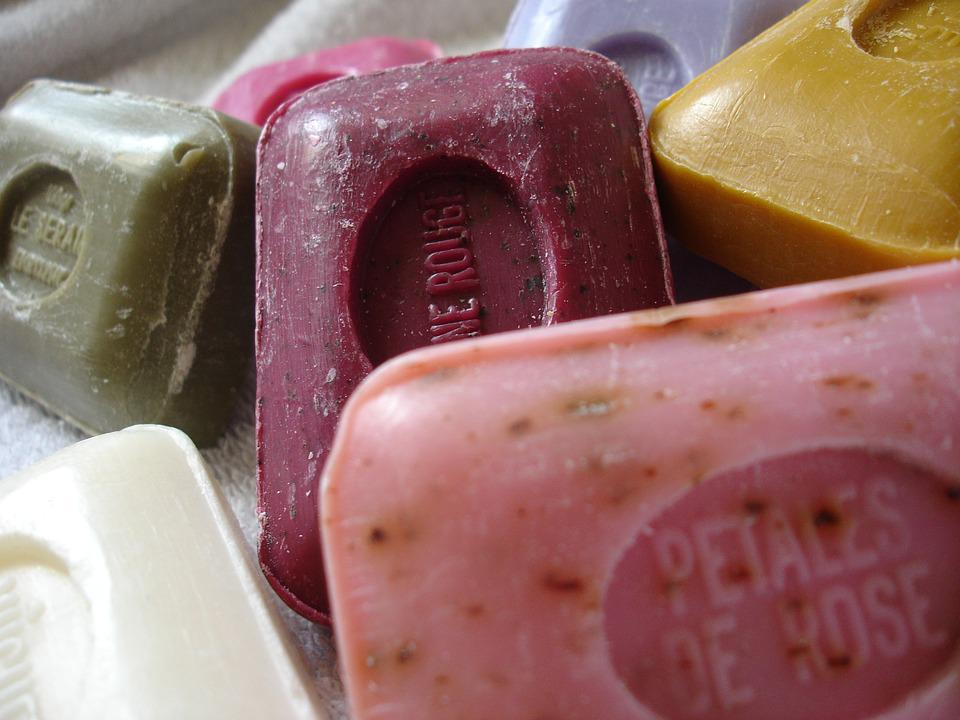
When you think of soap, you think of water and lather. But soap is much more than that. This is a common cleaning product that can harm your indoor plants. What makes soap harmful to plants? Well, it cleans your home and kills all sorts of living organisms on the surfaces that it touches. It’s a harsh chemical that has many dangerous side effects on your houseplants. It can leave a lingering scent that might even be toxic to the air and your pets. It’s a big no-no for indoor plants.
So don’t use soap to clean your houseplants. Instead, use a non-soapy alternative like baking soda or vinegar, because soapy water on plants really could damage your plant.
READ: Aphids on indoor plants Invasion: How to Deal With Aphids Without Using Toxic Insecticides
Is Soapy Bath Water OK for Plants?
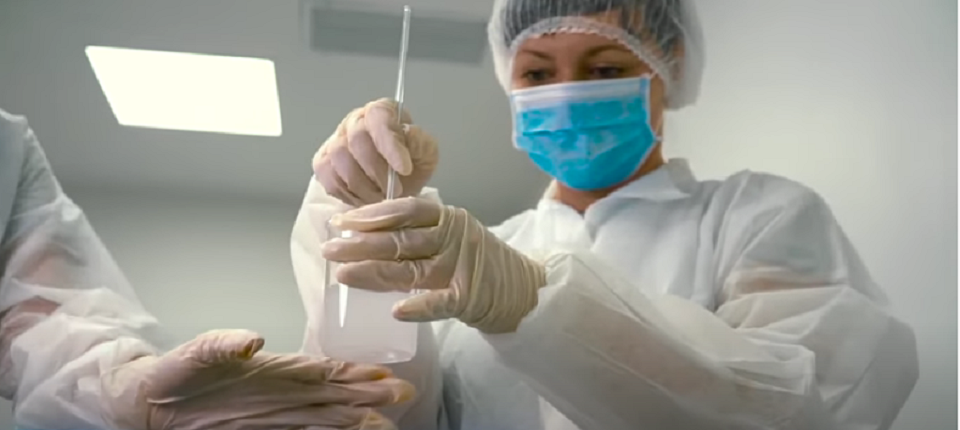
The answer depends on the chemicals that contain the soap because plants are sensitive to everything around them. They react to the temperature and humidity of their environment and the presence of chemicals that are harmful to their growth. We can use these reactions to our advantage when it comes to growing plants indoors.
Soap is one of the most common chemicals used in cleaning products that has harmful effects on plants. In fact, soap is one of the most common causes of plant death. When we clean our house with soap, we cause the plants inside to receive an overdose of this chemical.
Does Soapy Water Affect Plant Growth?
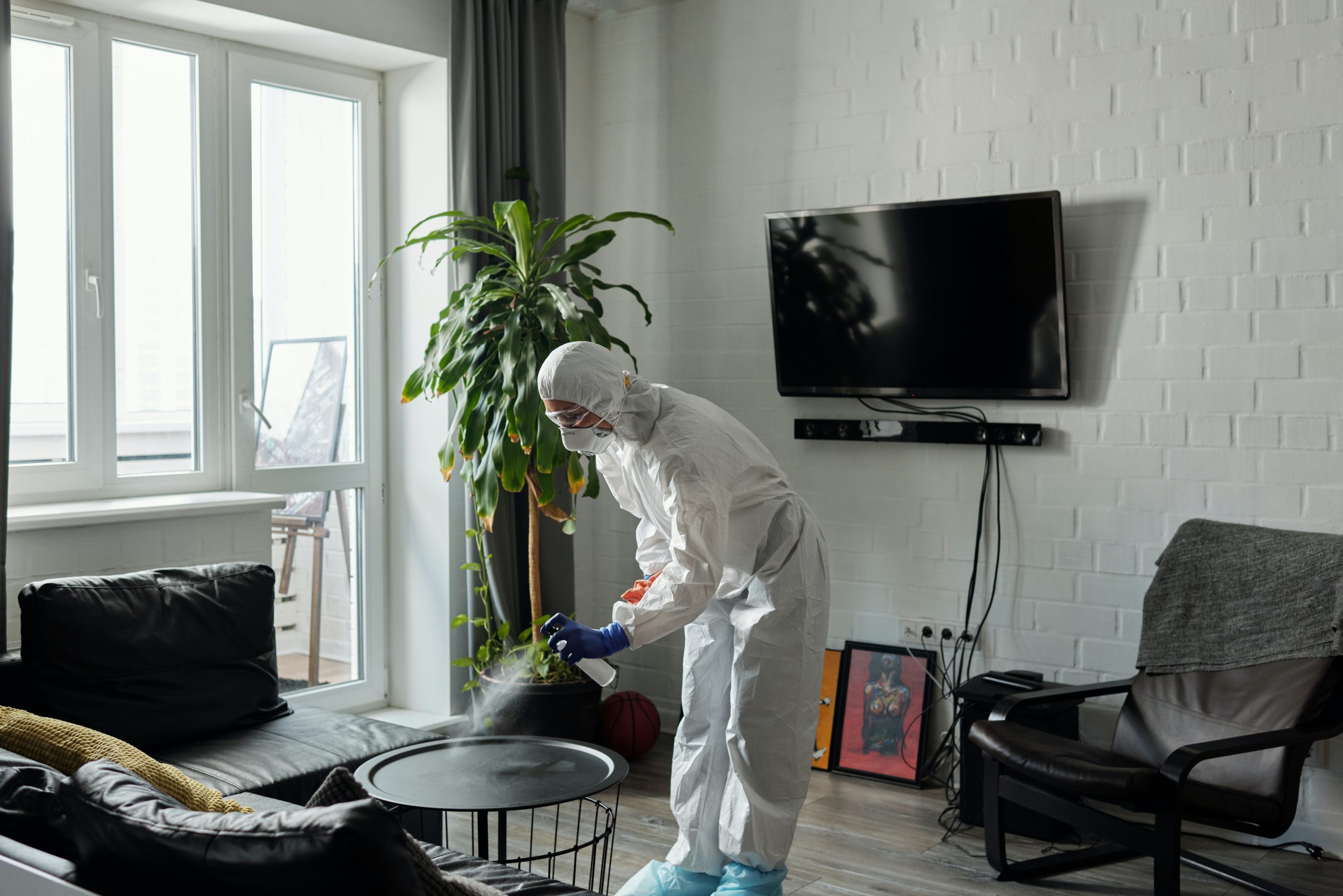
The best way to protect your indoor plants from this threat is to change your cleaning routine. Cause some of dangerous compound could affect plant growth or even damage it. Start using a natural soap instead of a conventional soap. And while you’re at it, switch to an all-natural cleaning solution that’s made for your plants’ needs.
You can find a good natural alternative to regular commercial cleaning products at stores like Whole Foods Market. It will prevent the bad effect from soapy water on plants.
How Do You Neutralize Soapy Water?
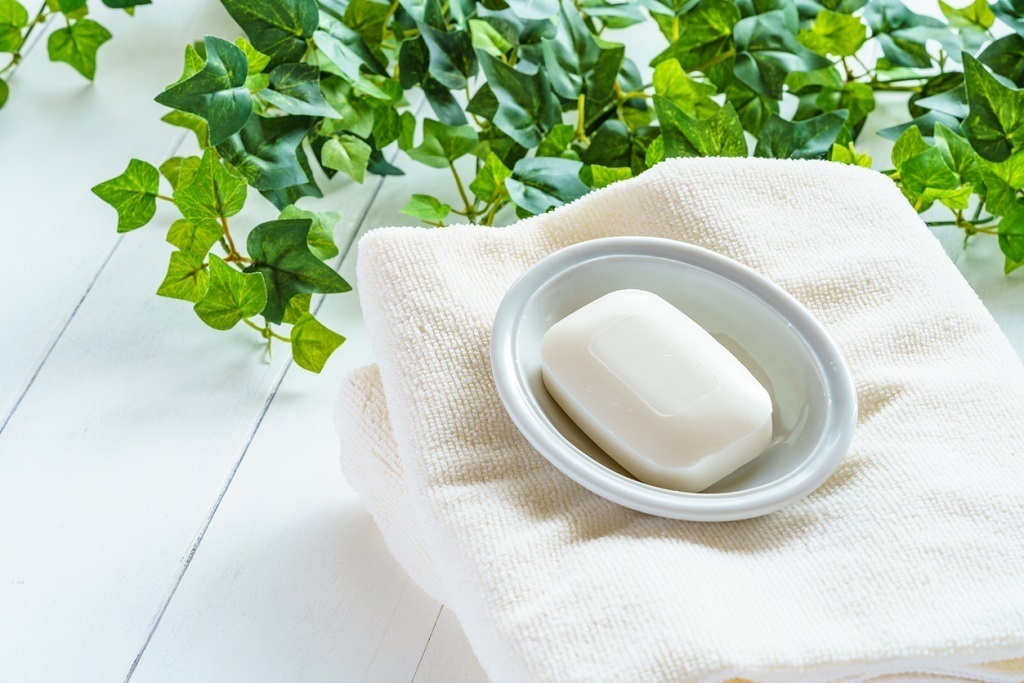
Soap kills plants because it is a caustic compound that can burn holes in their leaves and stems. This is why a few drops of water in a container of dirt, or a potted plant, is sufficient for washing away the soap residue. But you don’t need to limit yourself to simply wiping down your plant pots with water. The best way to keep plants healthy is to use soap-free products such as dish soap to prevent side effect soapy water on plants.
The simplest solution is to avoid using any cleaning products that contain soap. This means that we have to wash our hands before touching the plants. However, this is obviously not possible when washing dishes or doing the laundry. Fortunately, there are other ways to keep the plants safe from the effects of the soap. Instead of washing your pots with soap, use a gentle detergent and water. It should be easy to find a gentle dishwashing detergent that is safe for plants.
Make sure to rinse your pots out thoroughly after using the soap and water combination. The last step is to air dry your pots. Letting the water sit in the pot is a surefire way to kill your plants. In addition, you can neutralize this bad compound with other chemical compound to make the residu more safe to your plant.
READ: How to Tell If Spider Plants Are Toxic to Dogs
We Can Use a Gentle Detergent
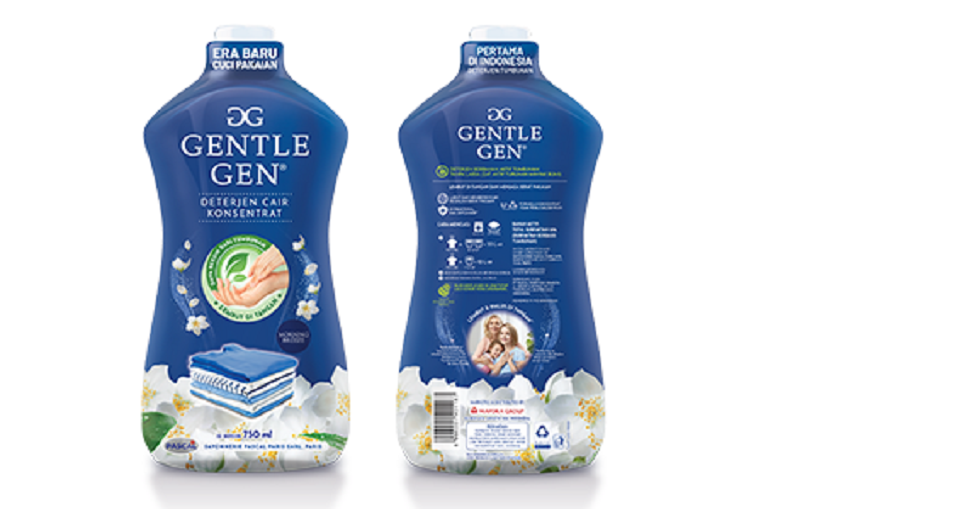
Soap is an amazing cleaner, but because it contains chemicals that can harm plants, we need to look for another way to clean our plants. We can use a gentle detergent, like those sold for washing dishes, to make sure that our plants stay healthy. If we don’t rinse the soap out of the pots, the soap can leave residue on the surface of the pots that is harmful for the plants.
Some plants can be harmed by soap, but many can survive. We’ll have to experiment to find the right balance between being effective at cleaning without harming the plants.
Washing your pots with Chemical Compound Could Cause Damage to The Roots

While washing the pots in a solution of water and mild detergent may seem like a quick and easy way to remove dirt and residue from the pot, it is actually far from ideal. Washing your pots in water that is too strong could cause damage to the roots. Additionally, the water can soak into the soil, causing it to become saturated with minerals and eventually drying out. It is important to rinse out the pot completely after using the soap and water combination.
Be Wise When You Use Soapy Water on Plants
Here are some of method to reduce that bad effect :
- To keep your plants healthy and happy, you should follow the same steps after every time you wash your plants.
- After each time you wash your pots, rinse out the pot completely.
- Don’t forget to let the water drain out of the pot. Doing so will allow the water to evaporate and prevent the pot from becoming overly wet.
- The last step is to air dry the pot. Let the water sit in the pot for a short while after you rinse it out.
- Then, carefully pour off any remaining water.
- Finally, lightly mist the outside of the pot and move your hand around the inside to ensure that there is no water inside.
To avoid this, we recommend that you spray the leaves of the plant with water and let it sit for a few seconds before moving the plant. This allows the water to soak into the roots of the plant rather than just being sprayed on top. Try not to use too much water or you may end up killing your plant. Another thing you can try is to mist the leaves of the plant with water. This is a little trickier because you need to be careful that you don’t get too much water on the leaves.
Conclusion
In conclusion, Soap can be harmful to the health of the plant because of the lye (the liquid component of the soap) that it contains. The lye is toxic to plant roots, and causes the leaves to turn yellow and wilt, which results in the death of the plant. As you can see, the only way to keep the plants safe from soap is to use a mild detergent instead. Unfortunately, many plant pots aren’t designed for proper drainage, making the use of mild detergent impossible.
Instead, you can use a mixture of a quarter cup of baking soda with a gallon of water to clean the pan. If the soil in your pot is already moist, this is sufficient to remove dirt and debris from the plant. Simply sprinkle baking soda on the bottom of the pot, add water to cover the soil, and let it sit for a few hours. Then, remove any dirt from the soil by rinsing and drying your pot. The Effects of soapy water on plantsis very dangerous for your plants If you did not use it wisely. That is all hope you enjoy.